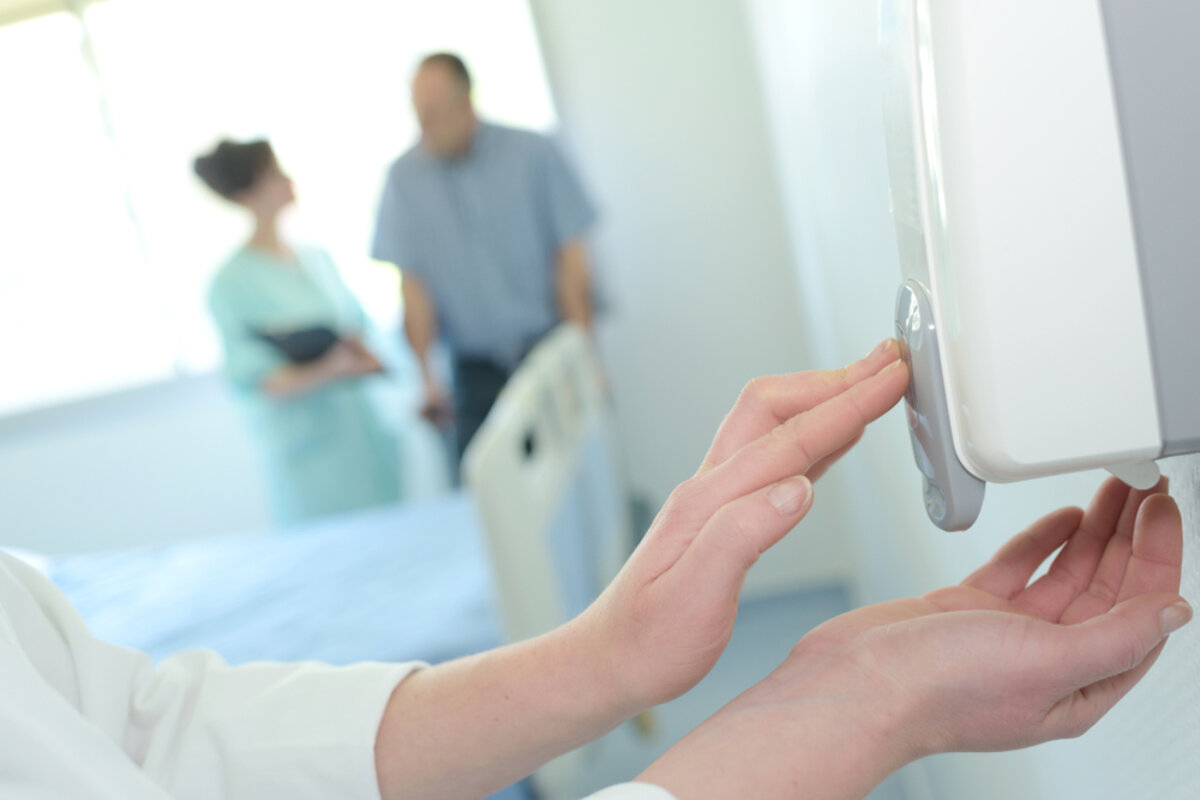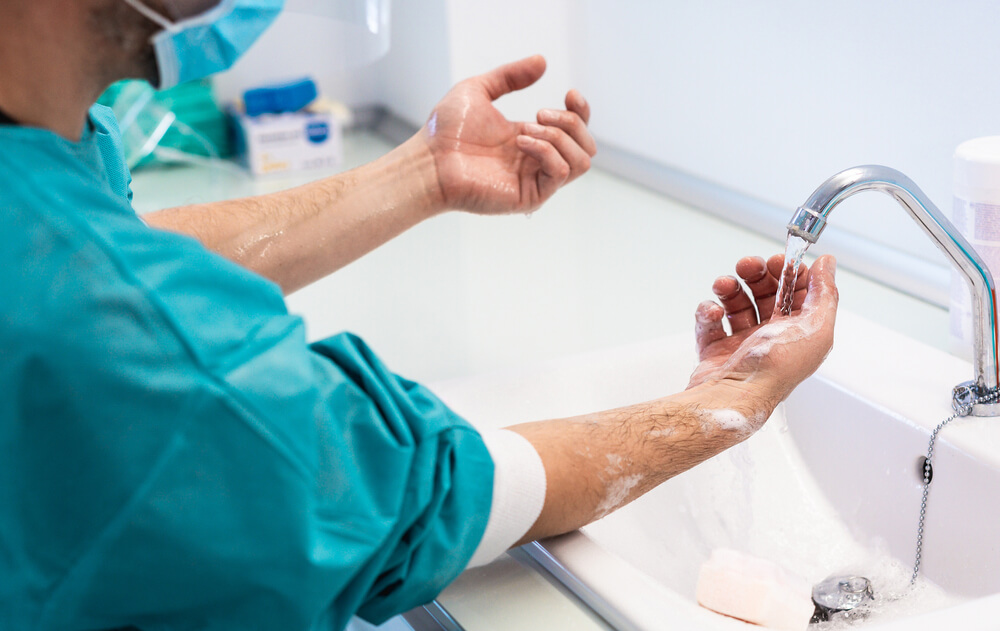
06 Dec Guarding Against Infection: The Importance of Hand Hygiene in Dialysis Clinics
In the intricate and delicate world of healthcare, the significance of maintaining a clean environment is a universally accepted truth. However, in certain medical settings, this need becomes even more heightened. Dialysis clinics are among those spaces where the stakes are incredibly high. Patients undergoing dialysis often have compromised immune systems, making them highly susceptible to infections. This vulnerability, coupled with their frequent exposure to hospital and other healthcare environments, raises the importance of infection control exponentially.
One of the most fundamental, yet powerful tools in our arsenal against infections is hand hygiene. It’s a practice so simple that its importance can often be overlooked, but in a dialysis clinic, it could mean the difference between life and death.
Understanding the Risks
Dialysis patients are particularly susceptible to infections due to a combination of factors. Firstly, their immune systems are often compromised by their underlying kidney disease and other comorbid conditions such as diabetes, making it harder for their bodies to fight off infections. Secondly, the nature of the dialysis process, which involves repeated access to the bloodstream, further increases the risk of introducing pathogens into the body.
Common types of infections in dialysis clinics include bloodstream infections, peritonitis (infection of the lining of the abdomen), and viral infections such as Hepatitis B and C. These can be caused by a variety of microorganisms, including bacteria, viruses, and fungi. Many of these pathogens are opportunistic, meaning they take advantage of the patient’s weakened immune system to establish an infection. Staphylococcus (Staph) is a common cause of bloodstream infections among dialysis patients.
Poor hand hygiene plays a critical role in the spread of these infections. Health care providers’ hands can become contaminated with pathogens from contact with infected surfaces or body fluids, and these pathogens can be transferred to patients if hand hygiene is not performed correctly. Additionally, patients themselves can contribute to the spread of pathogens if they do not practice good hand hygiene.
The Science of Hand Hygiene
Hand hygiene is essentially the first line of defense against infectious diseases. It works on a fairly simple principle: by regularly cleaning our hands, we can remove or kill disease-causing microorganisms, thus preventing them from entering our bodies or spreading to others.
The outer layer of our skin is home to various types of bacteria, some of which are beneficial and necessary for our health. However, during the course of our daily activities, our hands come into contact with many surfaces and substances that can introduce harmful pathogens. These can include common bacteria like E. coli and Staphylococcus, as well as viruses, including those causing the common cold, flu, and more serious diseases like COVID-19.
Implementing Effective Hand Hygiene Practices
The implementation of effective hand hygiene practices in a dialysis clinic begins with establishing clear, standardized protocols that are in line with best practices. These protocols should cover when and how hand hygiene should be performed, the use of personal protective equipment, and procedures for cleaning and disinfecting patient care equipment and the environment.
Education is a critical component of this process. All staff members, from doctors and nurses to technicians and janitorial staff, need to understand the importance of hand hygiene and how to perform it correctly. This includes proper techniques for handwashing and hand sanitizing, as well as understanding when each method should be used. Regular training sessions can help reinforce this knowledge and keep staff up-to-date on any changes to the protocols.
Monitoring and feedback are also essential for maintaining high standards of hand hygiene. Regular audits can be conducted to assess compliance with hand hygiene protocols, and the results should be shared with staff to identify areas for improvement. Constructive feedback encourages continuous improvement and fosters a culture of accountability.
Promoting a Culture of Cleanliness
Establishing a culture of cleanliness is not just about adherence to protocols; it’s about fostering an environment where hygiene is valued and prioritized. It’s about every individual – staff, patients, and visitors – understanding their role in preventing the spread of infections. By practicing effective hand hygiene, we can significantly reduce infection rates in dialysis clinics and create a safer, healthier environment for everyone. To learn more about promoting a culture of cleanliness, contact Infection Control Results today.


